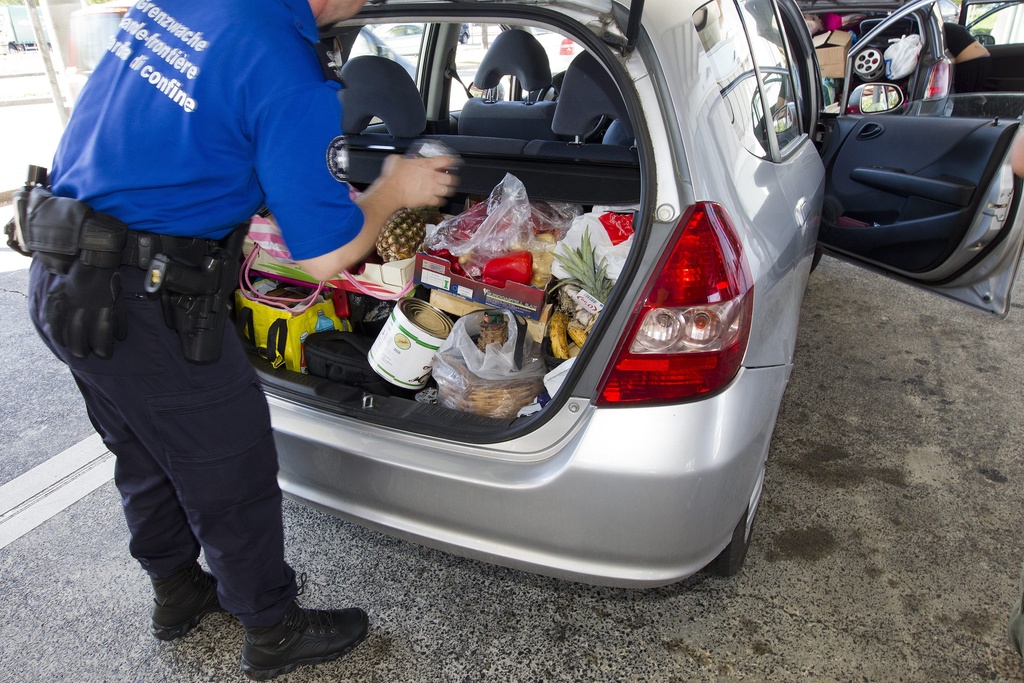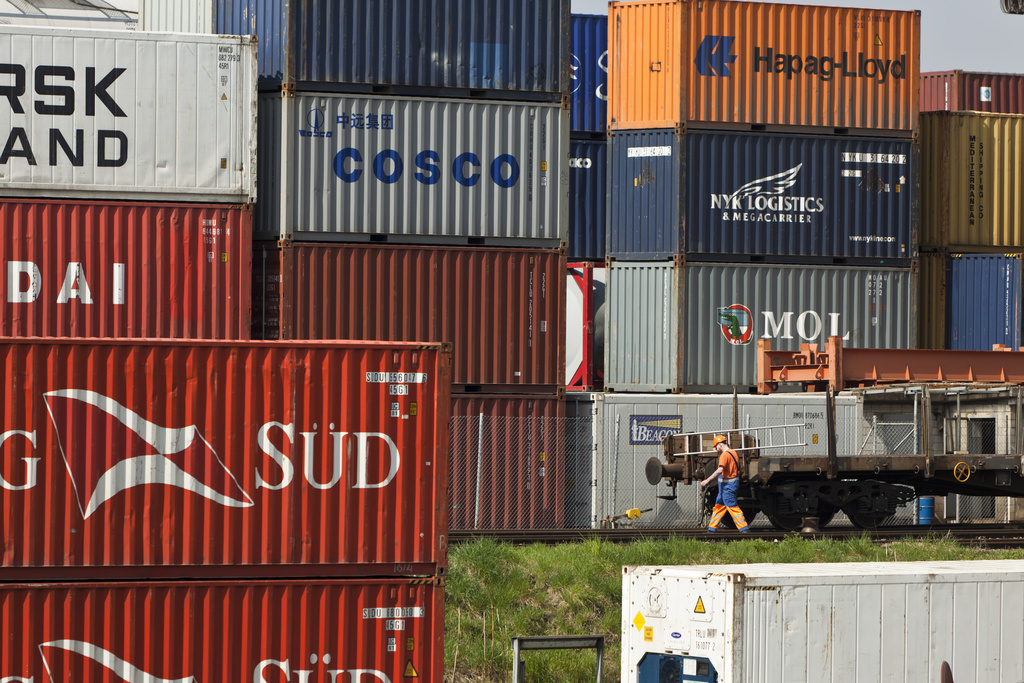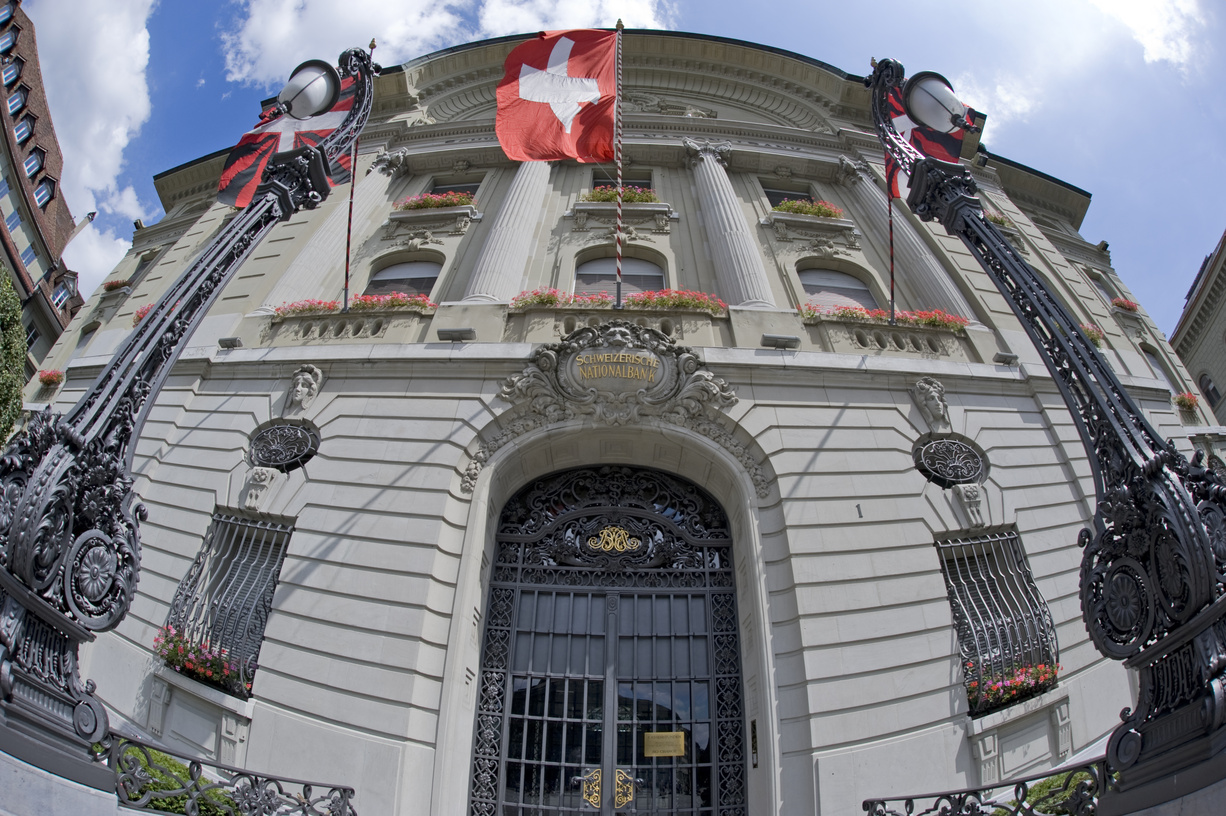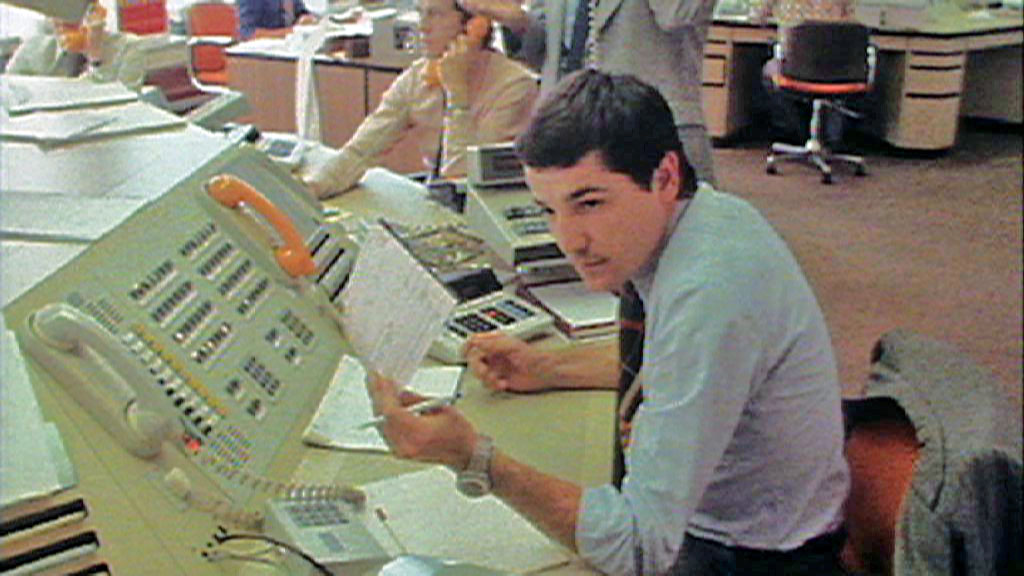Strong franc hurts Swiss sales in the US

Swiss-made products are suffering in the United States from the high cost of the franc versus the dollar, with consumers no longer ready to dig deep into their pockets.
The situation has become so difficult for some distributors that they have reduced their “Made in Switzerland” selection rather than have expensive products gathering dust on shelves.
“Small and medium-sized businesses which import 100 per cent Swiss-made articles with high production costs such as cheese or chocolate have suffered the most from the exchange rate,” said François Schmidt, the commercial attaché at the Swiss embassy in Washington.
He added that there were no official figures so far, but business owners and managers were repeating the same thing everywhere. “Even bigger companies are starting to feel the effects of the strong franc.”
For Dominik Schieweck, owner of the “Schoggi” chocolate store and website in San Francisco, the weak dollar has made his situation extremely difficult despite an 80 per cent increase in sales over last year.
“The prices of my suppliers have been going up, up, up and I’ve had to react and raise my prices. My business is barely profitable right now,” he told swissinfo.ch.
“We opened the shop before Christmas 2007, right before the recession hit. My whole business plan was built on the knowledge that I wouldn’t make money for the first four years, but I was not prepared for it being that bad.”
Thanksgiving
Bruce, manager of the Silicon Valley online store Swisschocolateoutlet.com, has decided to close the website. “Our sales are down since last year and the business is not very cost-effective,” he said.
“We’re redirecting clients to our other site, and what we’ve seen is that some would still buy Swiss chocolate as they place an order for Chinese fortune cookies.”
On the east coast in Washington, Cliff Haene, co-owner of the German Gourmet store and son of a Bernese immigrant, is not feeling the pinch as much as some of his colleagues.
“We’re located in the region of the US the least affected by the economic crisis and people here have more disposable income than elsewhere,” he told swissinfo.ch. “We also have [a big] enough mix of products from other countries.”
Haene expects to suffer from the strong franc in the autumn and during the end-of-year holidays, which start with Thanksgiving in late November. The impact is already being felt though.
“People compared [our prices] with domestic yogurt, so we had to remove Swiss yogurt from our shelves – now we only offer it by special order,” he explained.
Panned
Food items are not the only products taking a pounding. An Illinois-based website that sells as part of its range frying pans and saucepans made in canton Valais is having trouble shifting its merchandise.
“Our Swiss utensils are very high-end. They’ve always been expensive, but right now they’ve become very expensive and sell very slowly,” said the online store’s manager, who wished to remain anonymous.
Chantal Aeschbach-Powell, president of the US subsidiary of the Naef toy company in Virginia, says sales of the firm’s wooden objects to museum and decoration stores have been flat since last year.
“Because of the exchange rate we had to revise our pricing up about a year ago and we re-evaluate it every three to four months,” she told swissinfo.ch.
The company is considering slashing some models from its 75-product range and wants to target a wider market. Naef recently participated for the first time in the New York International Gift Fair.
Dilemma
Miami-based Ira Krieger, founder of the Swiss luxury watch brand of the same name, warns that companies working the higher end of the market should be cautious.
“We have to be very careful when we raise our prices,” he said. “To keep the Swiss made label, we can’t switch production to China or elsewhere, so our only room for manoeuvre is to revise prices. But once you raise prices, you can’t lower them or you’ll be out of whack with the market when the dollar is up again.”
Maintaining margins is also a dilemma for producers and resellers, Krieger concluded.
“As we raise prices, we lose customers, others change their behaviour and reduce purchases,” he told swissinfo.ch. “A client who might have bought three watches over three to four years might now only buy one.”
The Swiss franc is a so-called “safe haven” currency, which means that investors and speculators buy it when other currencies, including the euro and the dollar, are under pressure.
The franc has gained about 25 per cent in value against the euro and the dollar over the past four years.
The Swiss National Bank has emphasised that it does not pursue an exchange rate target, but consistently bases its monetary policy on its legal mandate.
This mandate stipulates that “the SNB is required to ensure price stability, while taking due account of economic developments”.
Starting in March 2009 the SNB intervened in currency markets. But after pumping in 15 per cent of GDP in May 2010 to little effect as the Swiss franc surged during the first round of the Greek debt crisis, it dropped them in June 2010.
These forays led it to a loss of SFr21 billion last year, its biggest ever.
(Adapted from French by Scott Capper)

In compliance with the JTI standards
More: SWI swissinfo.ch certified by the Journalism Trust Initiative





You can find an overview of ongoing debates with our journalists here. Please join us!
If you want to start a conversation about a topic raised in this article or want to report factual errors, email us at english@swissinfo.ch.